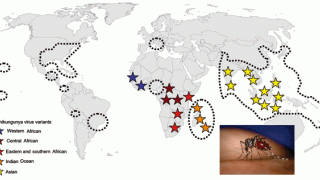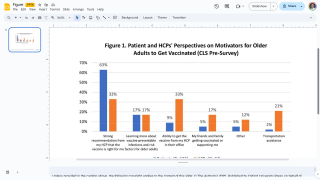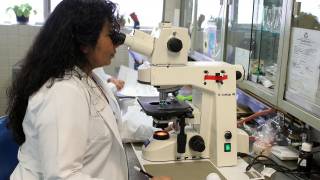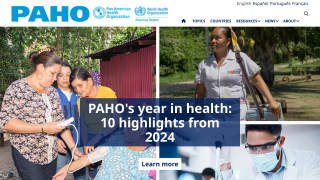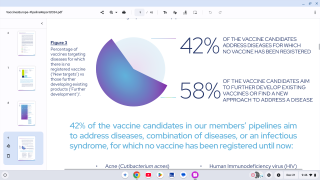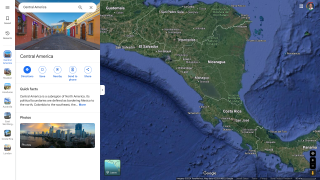Brazil's Chikungunya Outbreak Continues in 2025

Chikungunya virus outbreaks have been reported in Brazil since 2014 and have not subsided in 2025. According to new data, the highest risk to international travelers of contracting this mosquito-transmitted disease is around São Paulo and Rio de Janeiro.
As of January 17, 2025, the Pan American Health Organization (PAHO) reported that 523 Chikungunya virus (CHIKV) cases were confirmed in Brazil during the initial two weeks of 2025.
This unsettling disclosure follows last year's data, when over 420,139 chikungunya cases and 236 related deaths occurred in Brazil.
According to data from the Brazilian Vigilance Health Secretary, the three Brazilian states with the most CHIKV cases have been Pernambuco, São Paulo, and Paraíba. On October 28, 2024, a study reported that during a recent epidemic in Minas Gerais, there was a mortality rate of 35.1/100,000 inhabitants.
In March 2024, a study conducted at the São José do Rio Preto Medical School in São Paulo State, Brazil, showed that the CHIKV had silently circulated in the city for years.
To hopefully change this trend, the government of São Paulo recently presented the Urban Arbovirus Contingency Plan for 2025/2026. The plan's strategies, actions, and recommendations focus on curtailing future chikungunya, dengue, and zika outbreaks.
In the United States, 173 travel-related chikungunya cases were confirmed in 2024, led by Massachusetts (20) and Texas (21). From 2006 to 2023, 4,590 travel-related CHIKV cases were reported in the U.S.,
Beginning in 2014, local transmission was identified in Florida, Texas, Puerto Rico, and the U.S. Virgin Islands.
As of January 2025, the U.S. CDC says Chikungunya vaccination may be considered for travelers to Brazil. The state of São Paulo had about 2.2 million visitors in 2024, most of whom were unvaccinated and many from the U.S.
There is one approved vaccine, and several candidates are completing late-stage clinical research.
For example, the Bavarian Nordic CHIKV-VLP vaccine candidate is a single-dose aluminum hydroxide-adjuvanted chikungunya virus-like particle vaccine (VLP) with a multi-protein structure. Studies have shown that VLP vaccines are highly immunogenic, have a proven safety record, and typically elicit high-titer neutralizing antibodies needed to protect against the chikungunya virus.
This vaccine candidate may become available in 2025.
Note: This news article was updated on January 20, 2025, to clarify the vaccine candidate's clinical composition.
Our Trust Standards: Medical Advisory Committee



